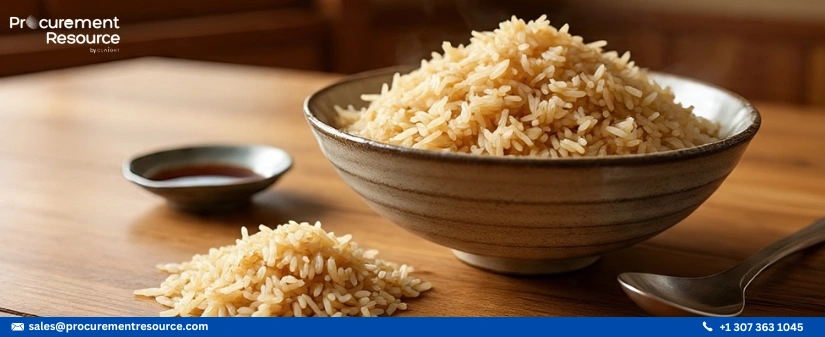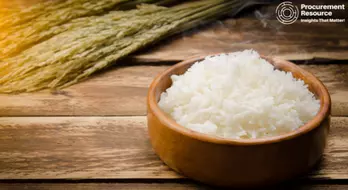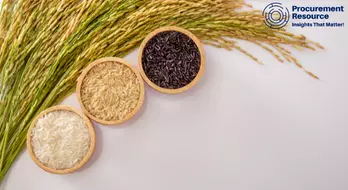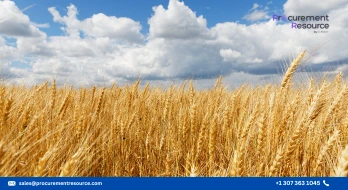India Mandates Non-Basmati Exports to be Priorly Registered with APEDA

- India made prior registration with APEDA mandatory for all non-basmati rice exports, effective September 24, 2025.
- The move is intended to provide the government with greater control and monitoring over shipment volumes.
- Industry stakeholders welcomed the decision, believing it will bring transparency and align non-basmati with existing basmati rice regulations.
- The measure is not expected to immediately disrupt trade, as it involves only a minimal cost and an additional procedural step.
- The primary goals are improved food stock management, data tracking, and enabling a more calibrated approach to exports.
- The registration process mirrors that for basmati rice, featuring a nominal fee and online certificates.
On September 24, 2025, stakeholders commented that India's decision to mandate prior registration with the Agricultural and Processed Food Products Export Development Authority (APEDA) for non-basmati rice exports would provide the government with greater oversight over shipments. It was noted that while this measure would introduce a minimal additional cost, it was not expected to have an immediate disruptive effect on trade.
The Indian Rice Exporters Federation (IREF) welcomed the government's notification from the 24th of September, which stipulated that exports of non-basmati rice could only proceed after this registration. The Federation stated that the move would introduce more transparency and uniformity into the export policy. IREF's national president, Prem Garg, described the decision as landmark, as it would bring non-basmati rice under the same regulatory framework that has long governed basmati rice exports.
Read More About Rice Production Cost Reports - Request Free Sample Copy in PDF
Industry representatives indicated that the primary purpose of the registration was to track export data and strengthen the monitoring of shipment volumes. It was suggested that this would subsequently aid the government in food stock management and allow for a more calibrated approach to exports. The process, which involves a nominal fee and is conducted online, was seen as mirroring the established procedure for basmati rice. According to industry sources, the measure was also introduced to support the development of a rice trade promotion fund. As the world's largest rice exporter, this step was viewed as a way for India to systematically manage its significant role in the global rice market.



